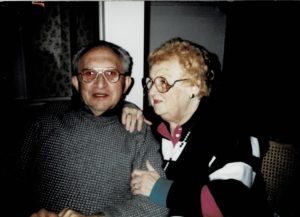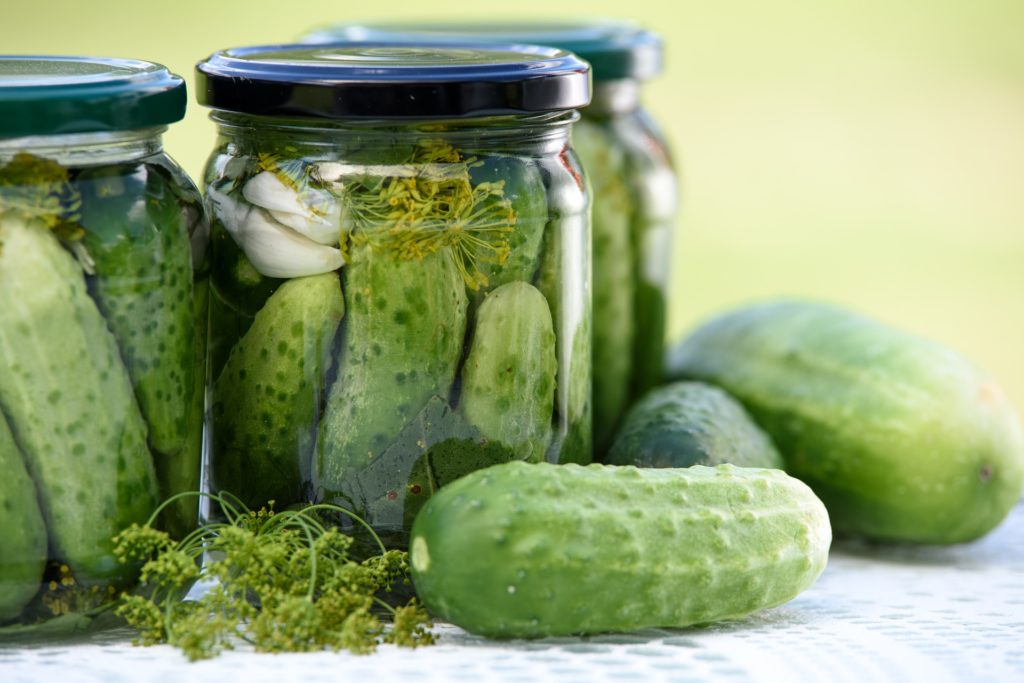Because I am interested in history—and particularly the history of oppressed people groups—my ears always perk when my friend and fellow writer Shel Pais starts talking about his dad, a Holocaust survivor. “His story is part of who I am today,” Shel wrote to me once. In this post, he’s agreed to share part of that story with you
***
Every day we make decisions—what to wear, what to eat, where to go, how to get there, etc. Normally, none of these are life-changing or put us into any type of jeopardy. We try to stay away from danger, and generally do not put much thought into those decisions. However, what if a seemingly insignificant decision would literally save your life and affect you more than you could ever imagine?
We are fortunate to live in a country that has not suffered a war on our shores since the Civil War. My father was not so lucky, and as a Holocaust survivor, lived through some of the worst horrors and cruelty that man ever inflicted on his fellow man. We may watch it on TV, or read about it, but we do not experience it first-hand.
When the Germans invaded the Soviet Union on June 22, 1941, Ted Pais was almost 26, married with no children, living in a small Lithuanian town with his in-laws, near his parents, sister, and younger brother. By August 15, 1941, all Jews in his town were ordered to move into the newly-established ghetto in Kovno (Kaunas in Lithuanian). Ghetto comes from an Italian word, first used in 1611 when the Jews of Venice were sequestered into an area that used to be a foundry. My father found a place to live in the ghetto, and was joined by his wife, his and her parents, and his siblings.
On August 18, 1941, the Germans announced that about 500 educated men were wanted to perform some office-type work. My father and grandfather Jacob—both of whom had been doing hard labor at the nearby airfield for the Luftwaffe, or German Air Force—thought they should go since it would be a relief. My grandmother Sarah, being the loving, caring woman she was, insisted they wait until she could prepare lunches to take with them. Since there was no refrigeration in the ghetto, any perishable items were kept in the cellar, that being the coolest place. There were pickles kept there, and she wanted to include them. This took a bit of time. When my father and grandfather finally arrived at the ghetto gate, it was closed, and they were told the quota was full. Later, they heard that all 534 of the men who came before them were executed in a move that came to be known as the “Intelligent” Action. In reality, there was no work.
My grandmother’s decision to get the pickles in the cellar saved their lives. When the ghetto was liquidated in 1944, my father’s wife and his young son, born illegally in the ghetto, were sent to the Stuthoff concentration camp where they were murdered. My father, grandfather and uncle were sent to the Dachau concentration camp in Germany. In April, 1945, they miraculously survived the death march they were forced to make before being liberated by the American Army. My father emigrated to Chicago, where he met my mother, and they had me and my sister. Without those pickles, we never would have been born.

***
Shel Pais has lived in the Chicago area since birth. He attended school in Evanston and university in Chicago for his Bachelor’s and MBA degrees. A Certified Internal Auditor by profession, he is Director of Operational Audit for a major healthcare association. He’s been married for almost 43 years, and has a son, a daughter, a daughter-in-law and a one-year-old grandson. He is a Cubs season ticket holder, and his hobbies include listening to music and playing guitar and keyboard. Windy City Publishers soon will be releasing his first novel, The Fate of the Arrow.

Thank you for letting Shel tell his story to us, Lucinda. It’s good for us to hear how others have suffered; how God intervenes and lives are saved or blessed!
Blessings on your day!
Thank you Lucinda for this story. It breaks my heart to hear these stories. Many years ago there was a TV show called 7th Heaven and one of the episodes was about a actual Holocaust survivor who told her true story about her experience. She was the soul survivor in of the Holocaust in her family. It was totally heart wrenching to hear her story because the producers of the show let her share exactly what happened and she wasn’t an actress.
What a beautiful story! God used pickles to allow this life to go on. A terrific miracle! His blessings never cease. Thanks for sharing!
Hi Lucinda, I read this story aloud to my husband and we were both moved by it. I have always had a slight obsession to read, and watch anything connected with the Holocaust, but like the the writing said, that is only ever a glimpse into what it was truly like. Thank you for sharing. Blessings ~ Linda